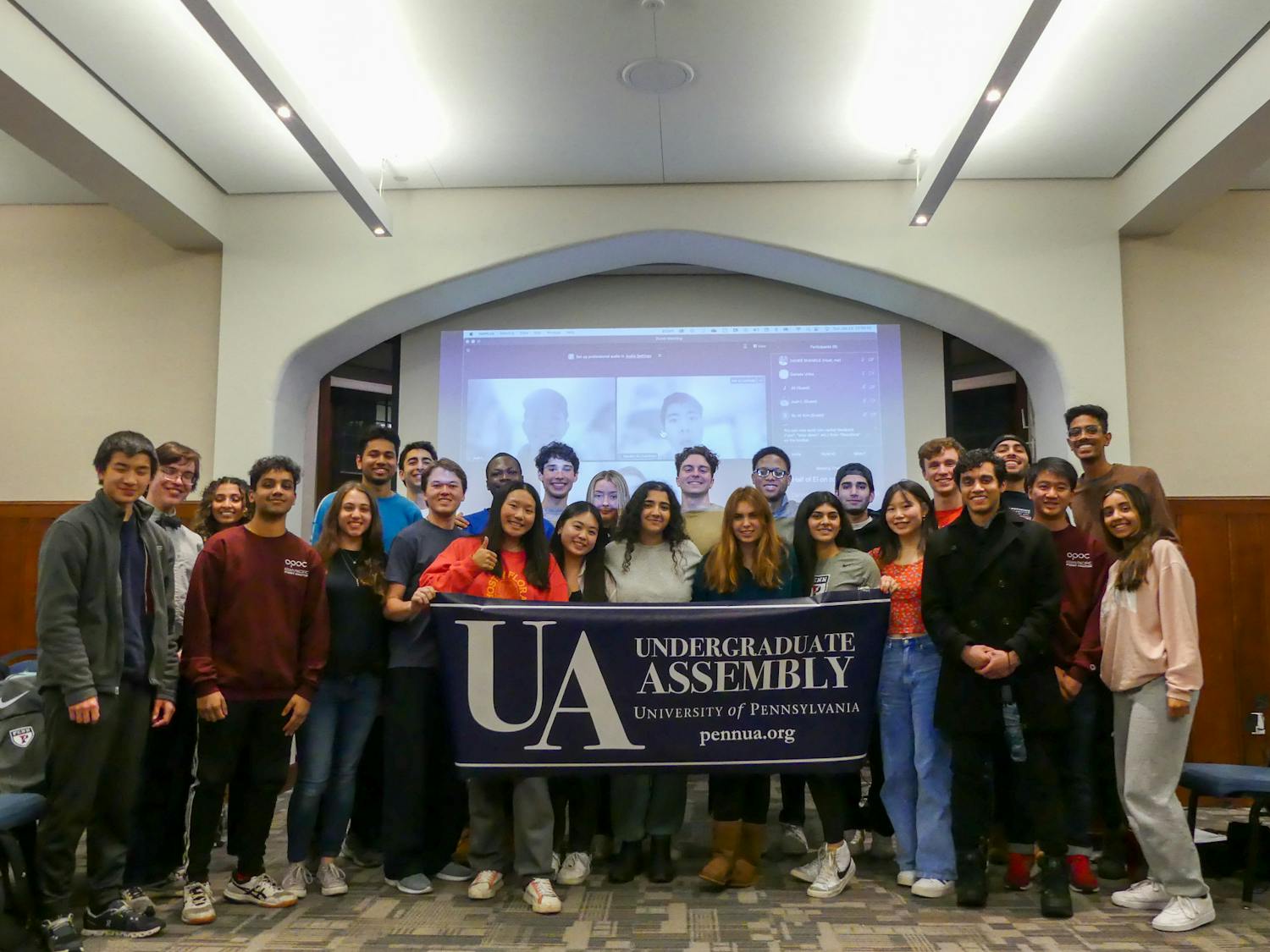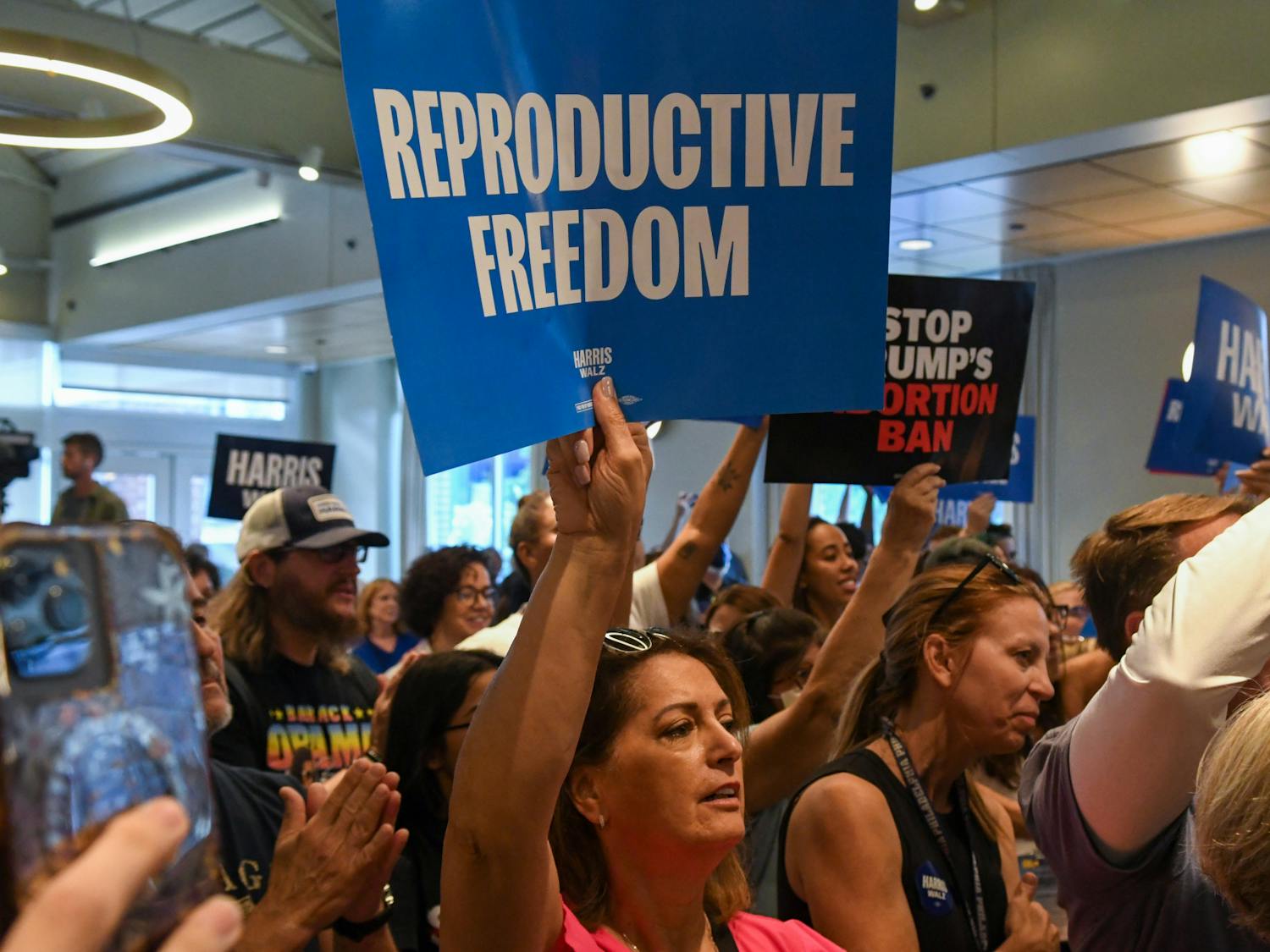Although Penn announced that students can return to campus for the fall 2020 semester, the experience will be very different from what students are used to. Among other changes, all classes with 25 or more students will be conducted online, on-campus housing will be less dense, and all in-person activities will conclude before Thanksgiving break.
While the University experience will clearly be a stripped-down version of what it was before the pandemic hit, Penn has not announced plans to reduce the average $60,042 students are charged in tuition and fees. Given that opportunities for in-person engagement will be curtailed, and access to some campus resources will be limited, the promise of an equitable, high-quality, and multi-faceted education will be extremely difficult – if not impossible – to fulfill. As a result, Penn should offer students a partial tuition and fees reimbursement that reflects the compromised nature of the fall 2020 University experience. The reimbursement should be offered as a set payment to all students regardless of financial aid status, reflecting the unique economic challenges many face at this time.
A University FAQ on fall semester academics states: “We are expecting the majority of courses to be offered online.” Since few classes will be held in person, imposing the tuition and fees that reflect a traditional in-person experience neglects the compromised nature of largely online learning. Not only will all classes with more than 25 students take place fully online, but many smaller classes – ranging from chemistry labs to Nursing seminars – will take place online as well. This format will make learning more difficult, particularly for discussion-based or hands-on courses.
Beyond the loss of the unique in-class learning experience, many other aspects of Penn’s academic experience cannot be replicated in a largely virtual environment. From office hours to collaborative study sessions, it will be hard for students to engage in the spontaneous conversation and intellectual discourse that characterize Penn’s academic environment. Penn should recognize that the academic experience will be significantly curtailed, and reflect this with reduced tuition costs.
Beyond academics, many services, resources, and experiences students rely on will be much less accessible throughout the fall. For example, the undergraduate schools plan to offer most academic advising online, and all extracurricular activities will be subject to strict distancing requirements. While these practices are important to prevent the spread of COVID-19, they also compromise the immersive educational experience for which students pay. Many of these non-academic costs are included in Penn’s $5,354 General Fee, which covers services such as counseling, student activities, career guidance, multicultural resource centers, recreation, and learning support. With the hybrid nature of campus life, students will not be able to take full advantage of these services. They should not have to pay a full General Fee for programs to which they will not receive fair access.
A partial tuition and fees refund is not a radical idea – other colleges have already adopted similar policies. Williams College recently announced it will reduce its cost of attendance by 15%, even though students will return to campus under a hybrid model. In explaining the school’s decision, Williams President Maud Mandel cited the lack of “many student activities, among other opportunities that we usually encourage families to expect as part of their student’s education.”
These concerns also apply at Penn. This reduction should not be dependent on financial aid status, but instead should be provided as a set reimbursement to all students. Such a practice will ensure that even students who do not pay full tuition can make use of this financial benefit to navigate the economic challenges of COVID-19.
While Penn’s hybrid model ostensibly allows for smaller classes and groups to meet, it is clear that many of those seminars will meet entirely online. When this is paired with the fact that the opportunities and experiences that Penn promotes as a key part of the University’s lifeblood will be severely curtailed, it becomes clear that Penn students should not be charged the full University tuition for the fall 2020 semester.
SEE MORE FROM THE DAILY PENNSYLVANIAN EDITORIAL BOARD:
Students need to know if their classes will be online or in person
Students in Philadelphia must continue to follow safety protocols amid pandemic
Editorials represent the majority view of members of The Daily Pennsylvanian, Inc. Editorial Board, which meets regularly to discuss issues relevant to Penn's campus. Participants in these meetings are not involved in the reporting of articles on related topics.
Have opinions of your own you would like to share? Submit a guest column.









